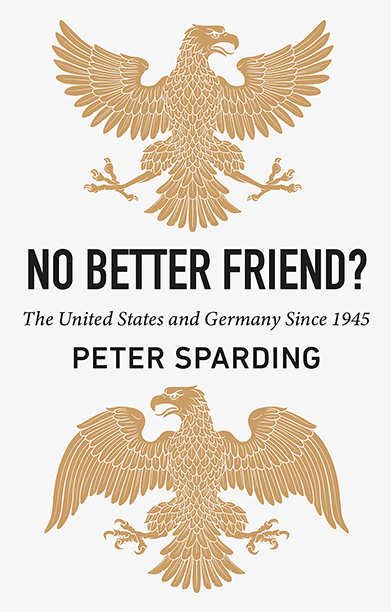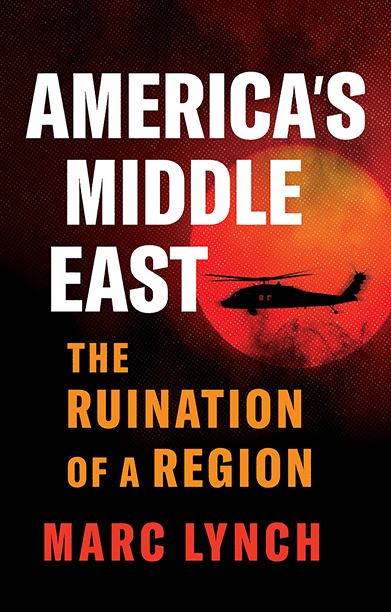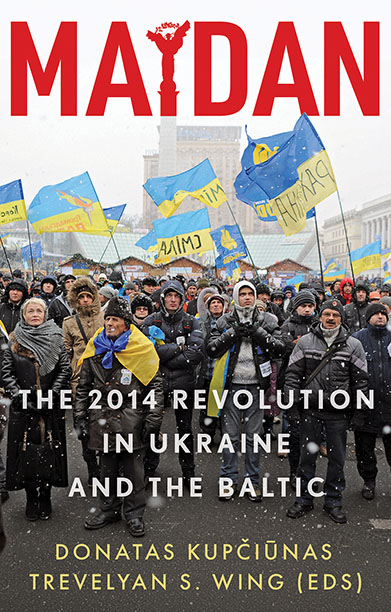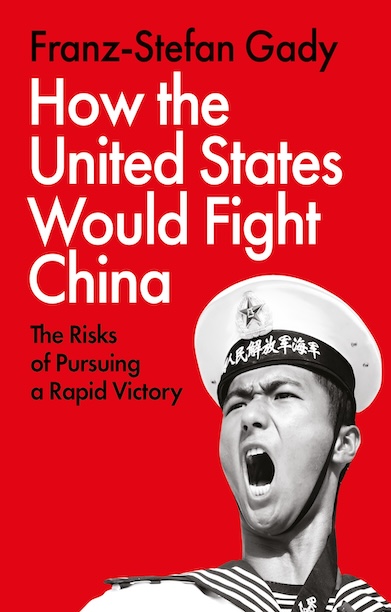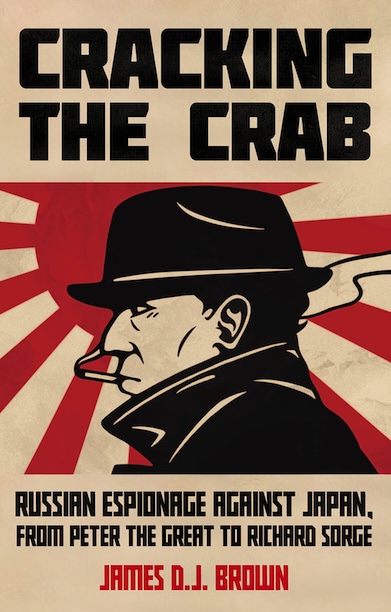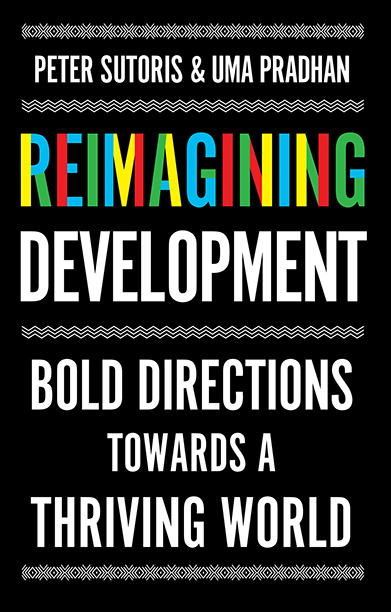No Better Friend?
The United States and Germany Since 1945
An incisive study of one of the world’s most important, and rapidly complexifying, international partnerships.
Description
The German-American relationship is the decisive transatlantic dynamic of our time. Long seen as one of the most stable connections between Europe and America thanks to its well-defined Cold War structure and hierarchy, relations between Washington and Berlin have become much more volatile in the twenty-first century— and are playing an increasingly pivotal role in determining the degree to which Europe and the United States will be able to shape a rapidly changing world order.
Stabilising this uniquely complicated relationship will be no easy feat. At times more closely aligned politically, and more intertwined economically, than any other transatlantic pair, since the end of the Cold War these republics have seen their relations characterised by frequent diplomatic, cultural and philosophical clashes and misunderstandings, and a trail of disappointed expectations.
Peter Sparding examines the long history between the two countries and their peoples; the narratives and perceptions harboured by each nation concerning the other; and the evolution of diplomatic, economic and security ties. Appraising the complicated interplay between Germany and the United States vis-à-vis a rising China, and the domestic challenges facing both countries, his book offers an outlook on how this all-important relationship might function going forward.
Reviews
‘A must-read for anyone interested in understanding the relationship between the United States and Germany, and why that relationship matters. Sparding, a German-American, is an ideal interpreter of this consequential alliance.’ — Dr Karen Donfried, former assistant secretary of state for European and Eurasian Affairs
‘A timely, well-written and profoundly insightful book on the US’s other “Special Relationship”, which goes back much further and deeper than the title suggests.’ — Brendan Simms, Professor of the History of International Relations, University of Cambridge
‘An excellent contribution and an important update, particularly valuable compared with other authors who try to “explain” Germany. This engaging book could not be more timely. A delight to read.’ — Liana Fix, Fellow for Europe, Council on Foreign Relations, and author of A New German Power? Germany’s Role in European Russia Policy
‘One of the best and most readable books of this nature, and one of the few to cover the Trump presidency and Ukraine War. Sparding does an excellent job emphasising the volatility of the relationship. A natural writer, ambitious and convincing.’ — Stephen Szabo, Senior Fellow, American-German Institute
‘Peter Sparding has a deep knowledge of Germany and the United States but also critical distance from both countries. He has produced a history of the relationship between the two countries that goes beyond the usual Atlanticist platitudes.’ — Hans Kundnani, Associate Fellow, Chatham House, and author of Eurowhiteness and The Paradox of German Power
‘Peter Sparding offers an erudite and intelligent assessment of the friendship from which there is “no escape” (Fritz Stern). This indispensable book fills a real gap in the literature on the US–German relationship.’ — Constanze Stelzenmüller, Director of the Center on the United States and Europe, Brookings Institution
‘A timely, richly researched and beautifully written guide to the US–German relationship, moving through history, culture, economics and foreign policy. Beyond the conflicts and contradictions, No Better Friend also demonstrates the enduring ties and warmth of affinity between these two very different countries.’ — Michael C. Kimmage, Ordinary Professor of History, The Catholic University of America, and author of The Conservative Turn
Author(s)
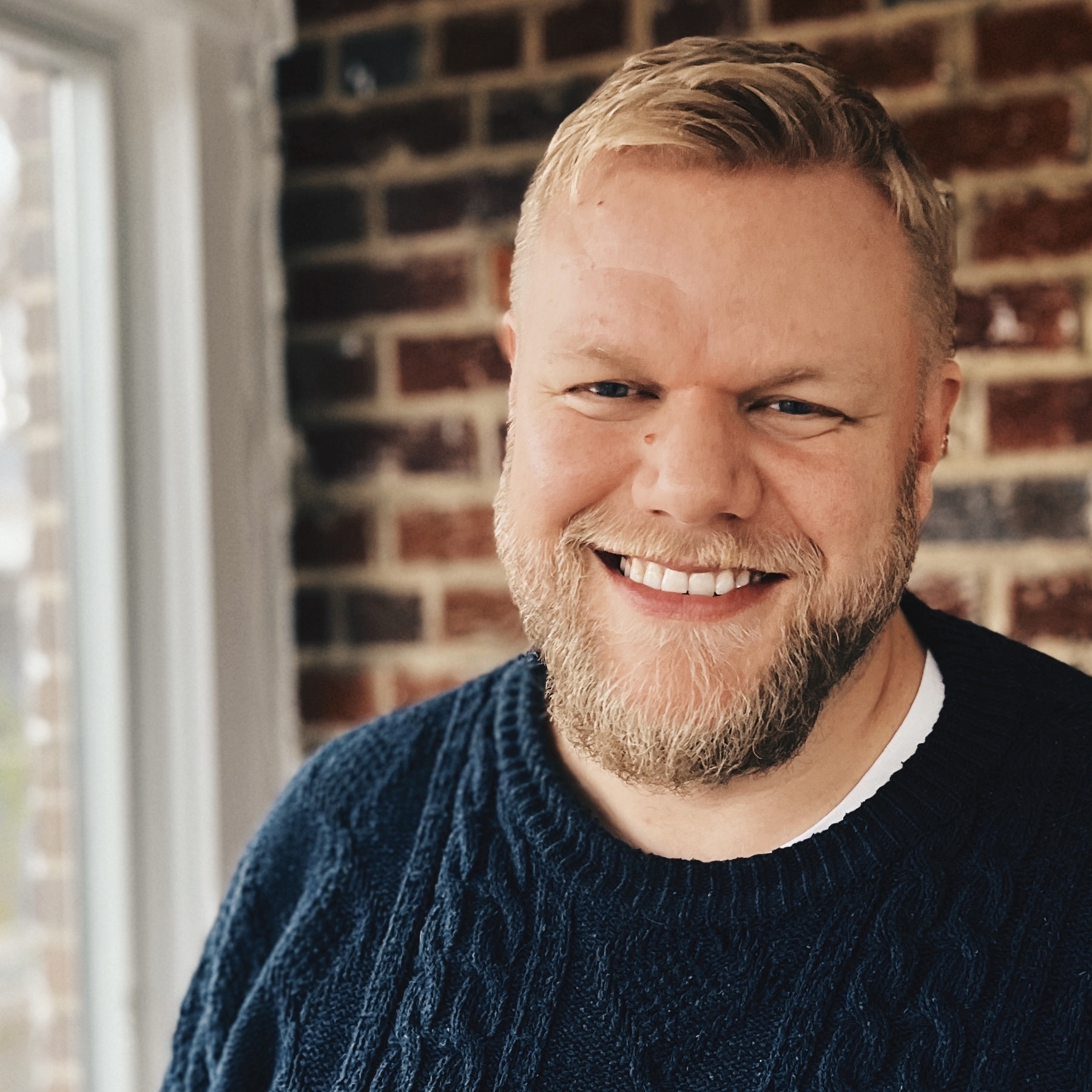
Peter Sparding is the Senior Vice President and Director of Policy at the Center for the Study of the Presidency and Congress (CSPC) in Washington, DC. He has written about and analysed US–Germany relations and transatlantic economic and foreign policy ties for two decades. He has been a fellow with the German Marshall Fund of the United States and has lived, worked and studied in Washington, DC, Berlin, Copenhagen and Kansas City.
